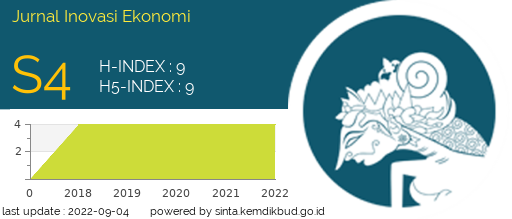Maximizing economic potential and sustainability: Replanting waste management in West Kalimantan's oil palm plantations
DOI:
https://doi.org/10.22219/jiko.v9i01.23410Keywords:
Palm Oil, Replanting, Green Economic, Zero-WasteAbstract
Oil palm plantations in West Kalimantan cover the largest land area and yield considerable output. While palm oil is the primary product, these plantations also generate by-products, such as production waste, posing environmental risks. Consequently, replanting initiatives are undertaken to mitigate ecological impacts. However, independent replanting efforts still generate significant waste, including oil palm trunks and other biomass with substantial economic potential. Hence, it is crucial to estimate the potential waste from replanting activities and assess the economic benefits achievable through waste processing. Estimations reveal that annually, processing replanting waste into wood pellets could yield an economic value of IDR 125,376,725,586.59 for independent plantations, while maintaining carbon neutrality.
Downloads
Downloads
Published
Issue
Section
License
Copyright (c) 2024 Rosyadi Rosyadi

This work is licensed under a Creative Commons Attribution-ShareAlike 4.0 International License.








